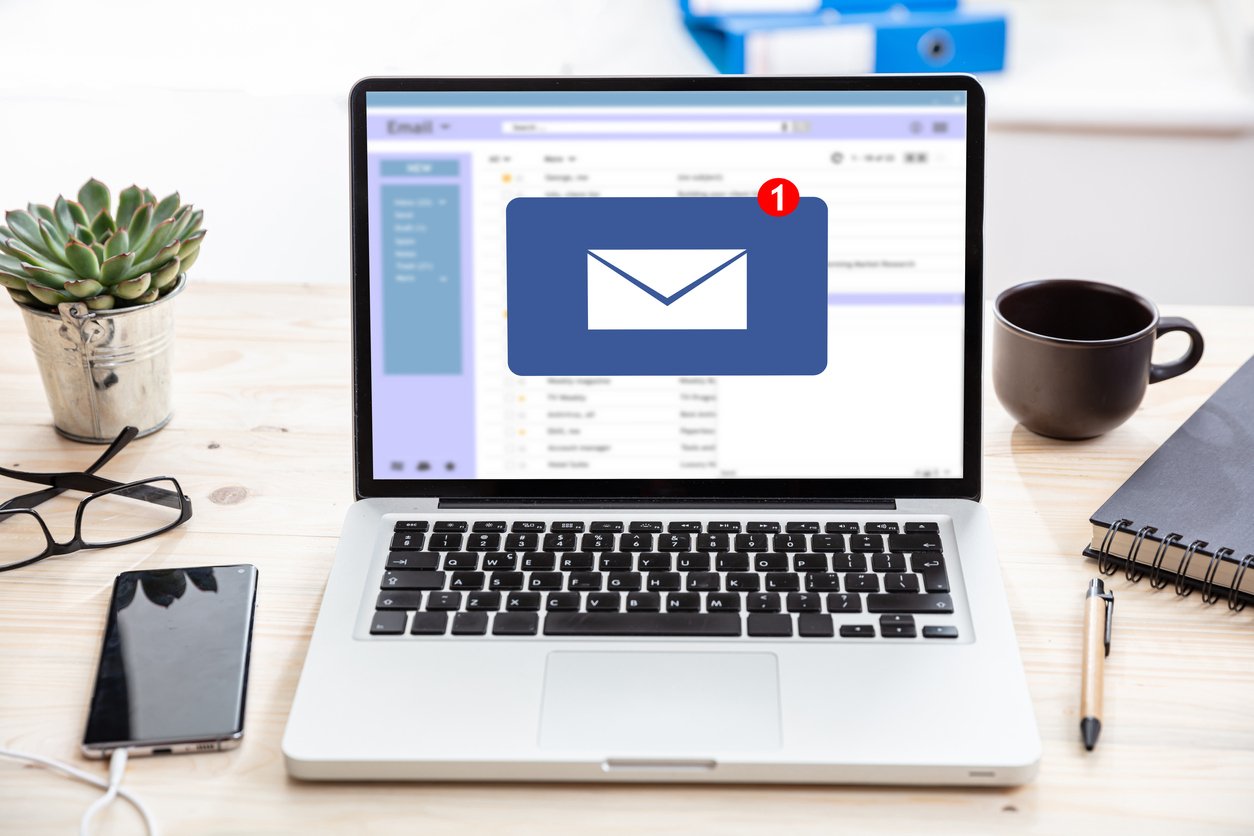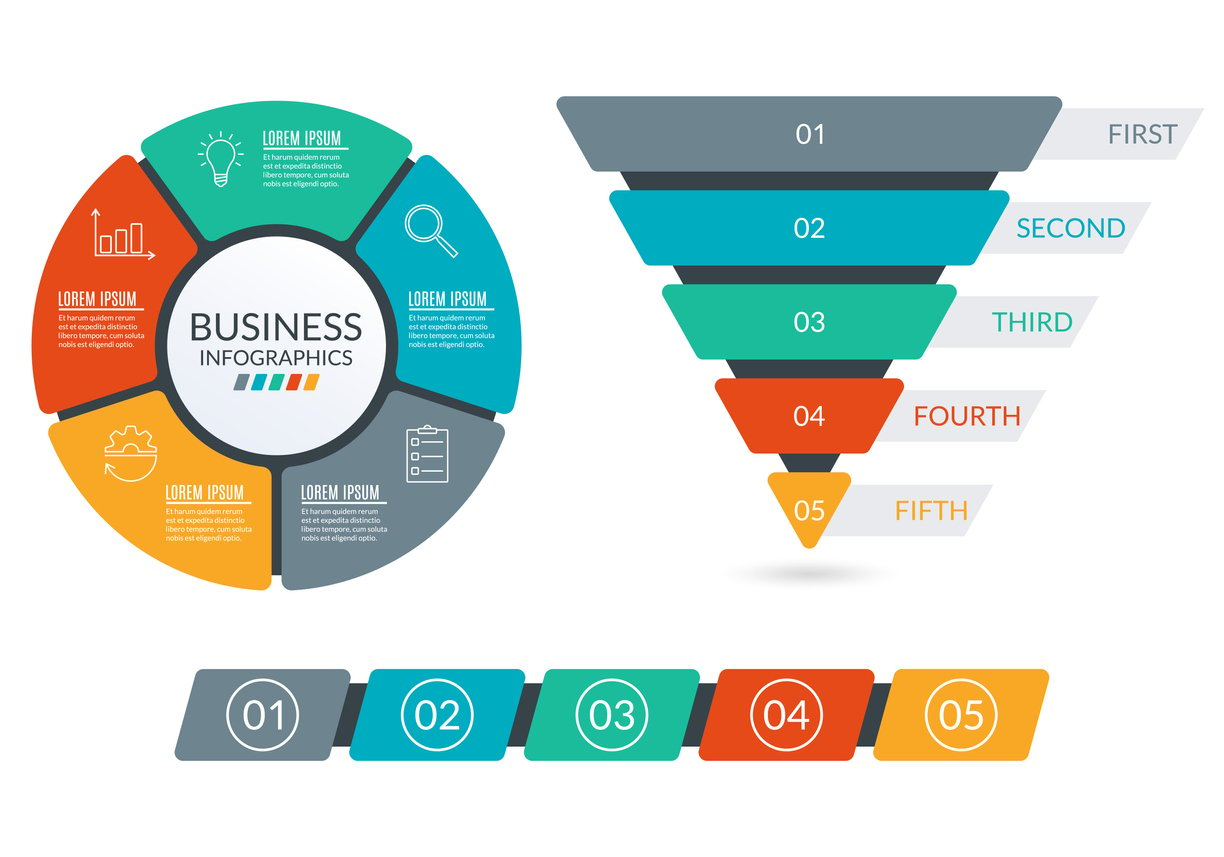
Mastering Remote Closings: Strategies and Tools for Smooth Selling
 Updated on
Updated on
 By Carlos Correa
By Carlos Correa
Carlos Correa
Carlos has been involved in the sales space for well over ten years. He began in the insurance space as an individual sales agent, managing teams as s...
learn more
Carlos Correa
Carlos has been involved in the sales space for well over ten years. He began in the insurance space as an individual sales agent, managing teams as s...
Table of Contents
Table of Contents
If you're already in cross-bordered or international sales, you probably already know the answer to the question, "What is remote closing?"
But we're here to shed some light on remote closing for those still new to the concept.
Picture this: you, in your pajamas, armed with nothing but a laptop and a cup of coffee, bravely venturing into virtual sales.
In this blog post, we'll traverse the vast expanse of remote closing, dodging technical glitches like Neo dodges bullets in "The Matrix" (minus the cool slow-mo effects, unfortunately).
You'll learn everything from what's remote closing, practical strategies to utilize, tools for success, and states that allow remote closing so that your sales efforts don't go to waste.
Because in the end, the only thing that should be closing is the deal, not your laptop lid in frustration.
What Is Remote Closing?
You're probably thinking, "Is remote closing legit?"
And we're here to give you the down low.
With technological advancements and shifts in consumer behavior, businesses are increasingly adopting remote closing sales methods. It's a shift that has not only transformed the way transactions are conducted but has also brought about a myriad of benefits and challenges.
Remote closing refers to the process of finalizing a sale or transaction without the need for physical proximity between the buyer and the seller.
Traditionally, sales transactions often involved face-to-face interactions, where the following occur in person:
- Negotiations
- Demonstrations
- Final agreements
However, with the advent of technology-enabled communication tools such as video conferencing, emails, and virtual presentations, you now can conduct sales activities remotely.
Why Are Remote Sales More Popular Today?
This paradigm shift towards remote closing is not merely a trend but a strategic response to various factors that have transformed the dynamics of modern commerce.
Delving deeper into the reasons behind the growing popularity of remote closing reveals a convergence of technological advancements, shifting consumer preferences, and global market dynamics.
Let's explore these nuances below:
- Technological Advancements: The proliferation of communication technologies like video conferencing and CRM systems have streamlined remote interactions, making it easier for organizations to engage with customers across distances.
- Changing Consumer Preferences: Modern consumers prioritize convenience and accessibility, making remote sales closing an attractive option for engaging with sales representatives from anywhere.
- Globalization and Market Expansion: Remote sales enable you to tap into new markets without needing a physical presence, facilitating international market penetration and expansion.
- Cost-Effectiveness: Compared to traditional methods, remote sales eliminate many overhead costs associated with travel and infrastructure, allowing for more efficient resource allocation.
- Adaptation to Remote Work Culture: The normalization of remote work practices has accelerated the adoption of remote sales as businesses embrace digitalization and virtual connectivity.
The growing popularity of remote sales today can be attributed to a confluence of these factors. As businesses continue to adopt remote closing sales methodologies, they stand to benefit from enhanced efficiency, expanded market reach, and improved customer satisfaction in the digital age.
Strategies for Effective Remote Closing Sales

If you want to know how to get into remote closing, mastering the art of this vertical could mean the difference between success and failure. Remote closing involves a series of strategic approaches to foster trust, effective communication, and leveraging technology to drive sales outcomes.
Let's delve into our favorite strategies in more detail.
Build Trust and Rapport With Customers
Establishing trust and rapport with customers is the cornerstone of successful remote sales. Without the advantage of face-to-face interactions, it's essential to employ strategies that convey credibility and authenticity.
One way to build trust is by demonstrating deep knowledge of the product or service being sold.
Remote sales professionals should invest time in thoroughly understanding their offerings:
- Features
- Benefits
- Use cases
By doing this, they'll confidently address client queries and concerns, thereby instilling trust in potential buyers.
Moreover, active listening and empathetic communication are crucial in building rapport with remote clients. You should strive to understand your customers' needs and pain points while tailoring your approach accordingly.
Remote sellers can forge strong connections with clients by demonstrating genuine interest and attentiveness, laying the foundation for successful sales engagements.
Communicate Effectively
Effective communication lies at the heart of remote sales success. Without in-person interactions, remote sales professionals must rely on verbal and written communication skills to convey information, address objections, and guide prospects through the sales pipeline.
Clear and concise communication is essential when conducting virtual meetings or presentations. You should articulate your message clearly, avoiding jargon or technical language that may confuse clients. Visual aids such as slides or product demos can enhance communication by providing clarity and context.
Additionally, active engagement during remote interactions is crucial for maintaining the client's interest and attention. Sales professionals should encourage questions, seek feedback, and ensure the client feels heard and valued throughout the conversation.
Leverage Technology

Technology is a powerful enabler for remote closing success in the digital age. You can leverage various tools and platforms to streamline your sales processes, enhance productivity, and deliver a seamless customer experience.
One of the key technologies used in remote sales is Customer Relationship Management (CRM) software. CRMs allow sales professionals to centralize customer data, track interactions, and manage leads effectively.
By leveraging CRM tools like Ringy, remote sales teams can stay organized, prioritize leads, and nurture client relationships more efficiently.
Video conferencing platforms are also vital in facilitating virtual meetings and presentations. Platforms like Zoom, Microsoft Teams, or Google Meet enable sales professionals to engage with clients face-to-face, albeit virtually, fostering a sense of connection and rapport.
Moreover, electronic signature software simplifies the contract signing process, allowing sales deals to be closed remotely with ease.
Personalize Your Approach
In remote sales, personalization is not just a buzzword; it's a fundamental strategy for building meaningful connections with clients. To personalize your approach effectively, start by understanding your client's unique:
- Needs
- Preferences
- Pain points
This involves conducting thorough research on your client's business, industry, and challenges they may be facing. Once you have gathered relevant information, tailor your communications and solutions to address each client's specific needs. This process may include customizing your product or service offerings, crafting personalized messages and proposals, and providing targeted recommendations based on the customer's objectives.
Personalization extends beyond the initial sales pitch. It encompasses ongoing engagement and relationship-building efforts. Stay attuned to your client's evolving needs and preferences, and adjust your approach accordingly.
Provide Ongoing Support and Follow-Up
Successful remote sales travel far past the initial transaction. To nurture long-term customer relationships and drive customer satisfaction, providing ongoing support and follow-up after the sale is essential.
Here, you'll stay in regular contact with clients to ensure that they are satisfied with their purchase and address any questions or concerns they may have. Proactive outreach (Helpful tip: AI can assist here) demonstrates your commitment to customer care, helping build trust and loyalty over time.
Additionally, providing ongoing support may involve offering additional resources, training, or assistance to help clients maximize the value of their purchase.
Stay Organized and Efficient
Effective organization and time management are critical to winning in remote sales. With a multitude of tasks and responsibilities to juggle, sales professionals must prioritize their activities and maximize their productivity.
Implementing systems and processes to keep track of leads, deadlines, and follow-up tasks can help you stay on top of things. Utilize CRM software to manage client information, track interactions, and schedule follow-up activities. Set clear goals and objectives for each day or week, and allocate time strategically to focus on high-priority tasks.
Remember that staying organized extends to managing your workspace and digital environment. Keep your workspace clutter-free and conducive to productivity to minimize distractions during work hours.
Adapt to Client Needs and Preferences
Flexibility and adaptability are essential traits for remote closing professionals. In today's fast-paced, ever-changing business landscape, clients' needs and preferences may evolve rapidly, requiring you to adjust your approach accordingly.
You must actively listen to clients and understand their unique challenges and objectives. Be receptive to feedback and be willing to pivot your strategy or offerings to better align with the buyer's goals or position within the sales funnel.
This may include:
- Customizing solutions
- Adjusting pricing or terms
- Offering alternative options to meet the client's needs
Stay attuned to broader market trends and changes in your industry's dynamics, and be prepared to adapt your sales approach accordingly.
Seek Continuous Improvement

In remote sales, the journey toward success is never-ending. Continuous improvement helps propel excellence, driving sales professionals to constantly refine their skills, strategies, and approaches.
To undertake this journey effectively, sales professionals must cultivate a growth mindset-an unwavering commitment to personal and professional development. Don't be afraid to embrace challenges as learning opportunities, seek feedback from mentors and peers, and actively pursue avenues for skill enhancement.
Leveraging technology with insight and reporting capabilities can provide invaluable scoops of data into sales performance and customer behavior.
Sales professionals can identify areas for optimization and refine their approach accordingly by analyzing metrics such as:
- Conversion rates
- Customer engagement
- Sales pipeline velocity
Furthermore, staying abreast of industry trends, market dynamics, and new technologies is crucial for remaining competitive in the dynamic landscape of remote closing.
Foster a Positive Remote Selling Environment
In remote sales, fostering a positive and supportive environment is paramount for maximizing productivity, enhancing collaboration, and cultivating a sense of belonging among team members.
Sales leaders are pivotal in creating such an environment by prioritizing effective communication, recognizing achievements, and fostering camaraderie among remote team members.
To illustrate the key elements of a positive remote selling environment and the corresponding strategies for cultivating it, the following table outlines essential factors and actionable steps for sales leaders.
|
Key Elements |
Strategies |
|
Effective Communication |
|
|
Transparent Collaboration |
|
|
Recognition and Appreciation |
|
|
Sense of Camaraderie |
|
By prioritizing these elements and implementing corresponding strategies, sales leaders can inspire greater collaboration, creativity, and resilience among team members. This, in turn, leads to enhanced performance and better outcomes in remote sales initiatives.
Collaborate with Team Members
Effective collaboration among remote sales is essential for driving productivity, fostering innovation, and achieving collective goals.
To facilitate collaboration, your sales teams should leverage collaboration tools and platforms that enable seamless communication and information sharing. This means utilizing video conferencing software, project management tools, and collaborative document editing platforms that allow team members to collaborate in real-time, regardless of location.
Moreover, promoting a culture of knowledge-sharing and cross-functional collaboration can spark creativity and drive better outcomes. You should encourage team members to share insights, best practices, and lessons learned from their experiences, fostering a culture of continuous learning and improvement.
Additionally, establishing clear roles, responsibilities, and expectations within the sales team can enhance collaboration and accountability.
Establish Clear Objectives and Goals
Setting clear objectives and goals is essential for guiding remote sales activities, aligning efforts, and measuring success.
To establish clear objectives and goals, you should start by defining specific, measurable, achievable, relevant, and time-bound (SMART) goals that align with broader business objectives.
This may involve setting targets for sales revenue, customer acquisition, conversion rates, or other key performance indicators (KPIs) that reflect success in remote sales.
Communicating these objectives and goals to the sales team ensures alignment and accountability. Sales leaders should clearly articulate expectations, provide context for why these goals are important, and empower team members to take ownership of their individual and collective targets.
Breaking down larger goals into smaller, actionable milestones can help sales professionals track progress and stay motivated. By setting incremental goals and celebrating small wins, sales teams can maintain momentum and drive continuous improvement in their endeavors.
Tools for Remote Closing Success

Leveraging the right tools is crucial for successfully closing deals efficiently and effectively. Ever heard of the saying, "A bad workman blames his tools?" We don't want you to be that person!
You should be empowered to use the technology available to make your job as efficient and productive as possible.
Here's an in-depth look at various tools essential for remote closing success.
Dialers
Advanced dialer solutions like Ringy's diverse dialer options, including our Power Dialer, can significantly enhance outbound calling efficiency.
Ringy's Power Dialer offers features such as:
- Automatic call distribution
- Call recording
- Local ID dialing
These features help sales teams reach more prospects in less time.
Ringy's predictive dialer and progressive dialer options also provide functionalities tailored to different sales environments and objectives, allowing your team to optimize their outbound calling strategies.
CRM Platforms
Customer Relationship Management platforms are the backbone of any successful sales operation, enabling organizations to manage customer data, track interactions, and streamline sales processes.
Ringy and other leading CRM platforms offer a comprehensive suite of features designed to give your remote sales team the tools they need to do the job. These features may include contact management, opportunity tracking, pipeline management, and task automation.
With Ringy's sales software and CRM capabilities, professionals can effectively organize their sales activities, gain insights into customer behavior, and nurture relationships with prospects, even remotely.
Drip Campaigns
Drip campaigns are essential to remote sales strategies, enabling you to engage with prospects over time through automated email sequences.
With tools like Mailchimp or ActiveCampaign, sales teams can set up personalized drip campaigns that deliver relevant content and messaging based on prospect behavior and preferences.
However, with Ringy's easy-to-use, built-in SMS and email drip campaign tool, you can enhance the effectiveness of drip campaigns by syncing contact data and engagement metrics within our CRM systems.
Our software also integrates with email marketing tools already in your daily tech stack, making this process more straightforward and intuitive.
E-Signatures
Closing deals often hinges on securely and efficiently signing contracts and agreements. E-signature solutions like DocuSign or Adobe Sign offer a convenient and legally binding way to finalize deals remotely.
With built-in e-signature functionality, you can seamlessly send contracts to prospects, track document status in real-time, and receive instant notifications upon signature completion.
Virtual Meetings
With the advent of remote work and the prevalence of distributed teams, virtual meetings have gained popularity as an indispensable tool for sales professionals to engage with prospects, conduct product demonstrations, and deliver impactful sales presentations.
Virtual meeting platforms offer diverse features and functionalities tailored to support remote collaboration and communication, allowing your sales teams to connect with prospects and foster meaningful interactions effectively.
Let's have a look at a few of these features.
|
Virtual Meeting Features |
Description |
|
Video Conferencing |
Virtual meeting platforms provide robust video conferencing capabilities, enabling sales teams to host face-to-face meetings with prospects regardless of geographical location. Real-time video communication helps sales professionals establish rapport, build trust, and deliver a personalized selling experience. |
|
Screen Sharing |
By sharing their screen, sales professionals can effectively illustrate product features, address prospect inquiries, and provide visual aids to enhance engagement and comprehension. |
|
Interactive Features |
These platforms offer interactive features such as chat, polls, and Q&A sessions, enabling real-time engagement and active participation. Sales teams can solicit feedback, gauge interest, and tailor their presentations to meet their audience's specific needs and preferences, fostering a dynamic and engaging environment. |
|
Recording and Playback |
Recording sessions allow sales teams to capture valuable insights, review key points, and share recordings with prospects who were unable to attend live sessions, ensuring no opportunity is missed and facilitating continuous learning and improvement. |
These functionalities collectively enhance the efficacy of virtual meetings, enabling you to deliver compelling presentations, foster meaningful dialogue, and drive positive outcomes in their sales interactions.
Task Management Tools
Effective task management is important for remote sales teams to maintain organization, prioritize activities, and meet crucial deadlines. Task management tools offer many features tailored to support sales experts in handling their workload, collaborating with team members, and monitoring progress on key initiatives.
Task tracking is a fundamental aspect of task management tools, enabling you to create, assign, and monitor tasks related to sales activities, follow-up actions, and customer interactions. These tools centralize task management, providing visibility into upcoming deadlines, overdue tasks, and task dependencies, ensuring your sales team remains up-to-date on their workload and nothing slips through the cracks.
Collaboration features within task management tools facilitate seamless communication among remote sales teams by offering shared task lists, comments, and notifications.
Moreover, task management tools provide features for prioritizing tasks based on urgency, importance, or deadlines, empowering sales professionals to concentrate on high-impact activities and strategic initiatives. Through task segmentation, deadline setting, and priority assignment, these tools enable sales teams to make well-informed decisions about resource allocation, optimizing their time and efforts effectively.
Document Management Systems

Document management systems (DMS) are indispensable in remote sales, serving as a centralized hub for storing, organizing, and disseminating sales collateral, contracts, and vital documents. These systems offer various features and functionalities customized to assist you in navigating document workflows, collaborating with team members, and adhering to legal and regulatory standards.
At the core of document management systems lies centralized storage, providing a unified repository for sales collateral, contracts, proposals, and other crucial documents. By eliminating silos and reducing duplication, these systems ensure that your team has seamless access to the most current versions of documents, enhancing efficiency and promoting collaboration.
Document management systems also facilitate collaboration among remote sales teams through shared folders, version control, and access permissions, ensuring that all team members operate from the same information, regardless of their geographical location.
States That Allow Remote Closing (Remote Online Notarization)
With the advent of technology, remote online notarization (RON) has become increasingly prevalent, revolutionizing the process of closing transactions remotely. The approach enables individuals to finalize important documents without physical presence, offering convenience and efficiency.
Below is a list of 38 states in the United States that allow remote online notarization, facilitating seamless transactions regardless of geographical barriers.
- Virginia
- Montana
- Texas
- Nevada
- Indiana
- Tennessee
- Minnesota
- Vermont
- Michigan
- Ohio
- North Dakota
- Idaho
- Utah
- Kentucky
- Arizona
- Washington
- Iowa
- Oklahoma
- Maryland
- Nebraska
- Florida
- Wisconsin
- Pennsylvania
- Alaska
- Louisiana
- Colorado
- Oregon
- Missouri
- Hawaii
- Wyoming
- West Virginia
- Kansas
- New Hampshire
- Arkansas
- New Jersey
- New Mexico
- Illinois
- New York
In these states, sales experts can take advantage of remote online notarization to complete transactions efficiently and securely, ushering in a new era of legal convenience within business dealings.
Remote Closing - Final Thoughts
As businesses adopt digitalization and adapt to changing consumer behaviors, knowing how to do remote closing becomes a strategic imperative to sales success.
Remote closing isn't just about finalizing a transaction from a distance; it's about leveraging technology, honing strategic approaches, and cultivating meaningful connections with clients in the digital vertical.
While various solutions exist, Ringy is the number one choice for remote closing professionals. With its advanced dialer options, comprehensive CRM platform, and seamless integration capabilities, our software allows your sales team to streamline workflows, nurture customer relationships, and confidently drive sales outcomes.
Request a demo and watch your remote selling endeavors soar to new heights!

Skyrocket your sales with the CRM that does it all.
Calling? Check. SMS? Check. Automation and AI? Check. Effortlessly keep in touch with your customers and boost your revenue without limits.

Take your sales to new heights with Ringy.
Sales in a slump? Ringy gives you the tools and flexibility you need to capture leads, engage with them, and turn them into customers.
Subscribe to Our Blog
Enter your email to get the latest updates sent straight to your inbox!
Categories
Related Articles




































































































